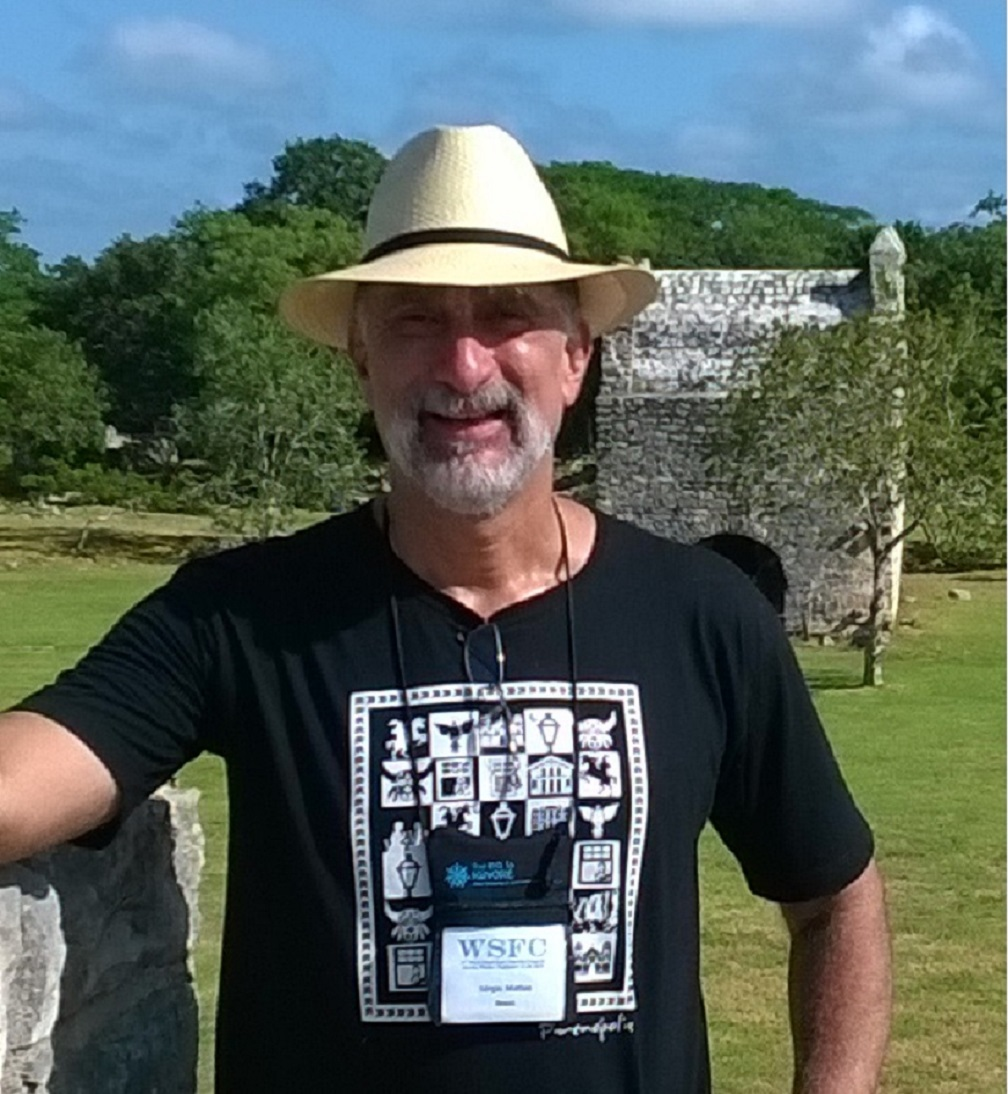
Country: Brazil
Sérgio Mattos works as a public manager at the Ministry of Planning, Brazil. Sérgio is a Fishing Engineer with a Ph.D. in Marine Sciences from the Marine Sciences Institute, Barcelona, Spain. His work focuses on the management of small-scale fisheries and fisheries resources assessment, with emphasis in fisheries bioeconomics and issues relating to the implementation of public policies. This approach highlights the concepts of economic and biological sustainability and calls for careful management that includes participation of fishers and others stakeholders. He is also a coordinator of TBTI 'Global Synthesis' cluster.
We asked Sérgio a couple of questions about his work and this is what he told us:
What are you currently working on within the context of SSF?
SM: Establishment of public policies and plans for fisheries development is inextricably linked, but its implementation requires bringing forth the foundations of participatory management or co-management. However, adoption of these fundamentals still seems inaccessible to the poorest fishers, living in isolated region. This is why a transdisciplinary approach is needed, to integrate many complex systems existing in small-scale fisheries. The governance challenge is then to implement existing public policies in ways that will include the more distant fishers and fishing communities, and to adequately manage fish stocks targeted by small-scale fisheries in poor regions. These regions typically have high social, economic and technological disparities, making it extremely difficult to implement conservation and management measures.
If you could single out one or two most significant factors for securing sustainability of SSF, what would these factors be?
SM: I’ve found it really heartening to see the increasing recognition for the need of a stronger role of community-level empowerment and representation in management decisions and relationships. I’d like to see increased operationalization of this recognition in governance systems (e.g., to see consultation processes and two-way communication pathways become an integral part of policy and management processes). We’ve seen some really positive successes through various forms of co-operative management and I think we can go even further with getting more voices to the table. A second key factor to securing sustainability will be establishing mechanisms for adaptability in governance systems: static solutions can be rendered maladaptive over time, and the challenges SSF are facing need long-term, flexible, and evidence-based solutions.















